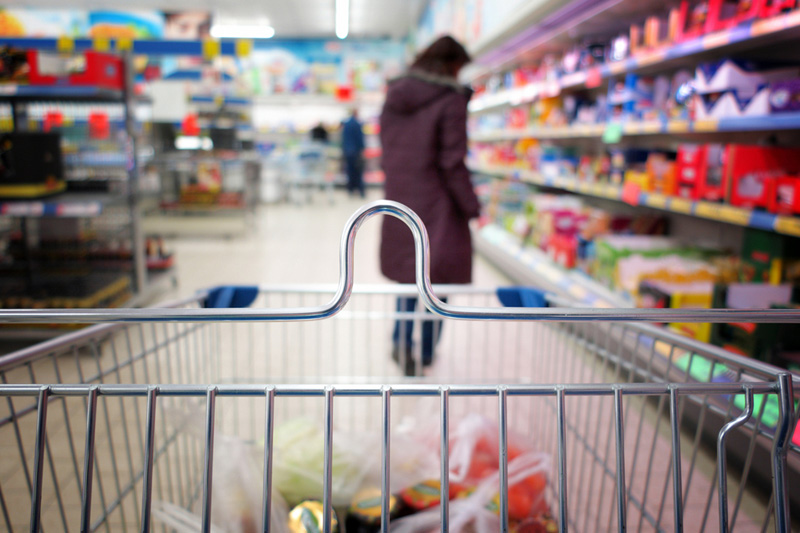By Martinne Geller
LONDON (Reuters) - Unilever (L:ULVR) (AS:UNc) posted its weakest quarterly sales growth in nearly five years on Thursday, as Europe's persistent woes and a slowdown in emerging markets including China crimped its performance.
The Anglo-Dutch maker of Dove soap and Lipton tea reported a 2.1 percent rise in third-quarter underlying sales growth, below average analyst expectations of a 3.7 percent increase, according to a company-compiled consensus.
Sales volume, measuring the amount of products sold, rose only 0.3 percent in the quarter. That compares to analysts' estimate of 1.8 percent and growth of 1.9 percent in the first and second quarters.
"Macro-economic conditions continued to put pressure on consumers," said Unilever Chief Executive Paul Polman in a statement.
Unilever generates more than half of its sales in emerging markets, where third-quarter sales grew 5.6 percent due mostly to price increases. Volume rose only 0.9 percent.
China in particular fell sharply, as retailers reacted to the slowdown by reducing inventory levels, resulting in a 20 percent decline in underlying sales for Unilever.
"This was an unimpressive quarter from Unilever, where we thought the stars were nicely aligned," said RBC Capital Markets analyst James Edwardes Jones, citing weak comparisons with a tough year-earlier period, proactive management of expectations by the company, which has warned repeatedly about the slowdown, and a relatively low stock valuation.
"The relatively low valuation remains, but on this evidence, rightly so," he added. RBC has a "Sector Perform" rating on the stock, which was down 3.8 percent at 0712 GMT. A European blue chip index (FTEU3) was down 1 percent.
Bernstein Research analyst Andrew Wood said Unilever's sales growth was the lowest since the fourth quarter of 2009.
"You have the slowdown in emerging markets, Europe has not turned the corner and North America has some improvement," said Unilever Chief Financial Officer Jean-Marc Huet. He said overall growth in the global markets that Unilever operates in was trending below 2 percent, down from 3 percent at the start of the year.
"We don't see any material improvement," Huet told Reuters. "It's been a while since you've seen growth beneath 2 percent on a global basis. I don't think we see any deterioration or improvement."
Unilever still expects to outperform its markets this year, and said it is confident it will achieve "another year of profitable volume growth ahead of our markets, steady and sustainable core operating margin improvement and strong cash flow".
(Reporting by Martinne Geller; Editing by Keith Weir and Clara Ferreira Marques)
